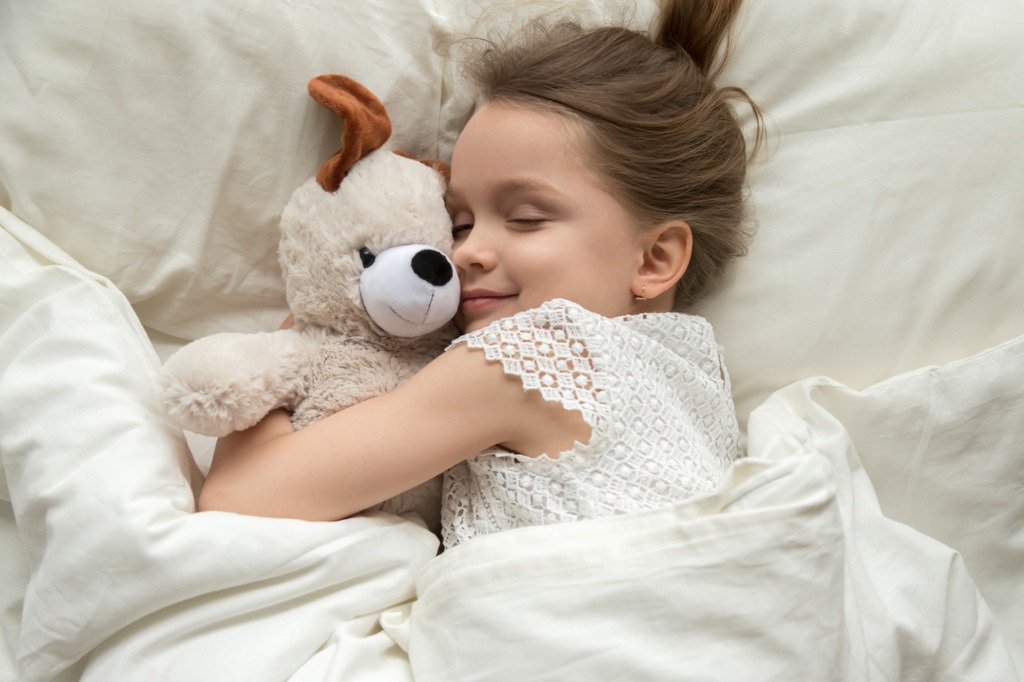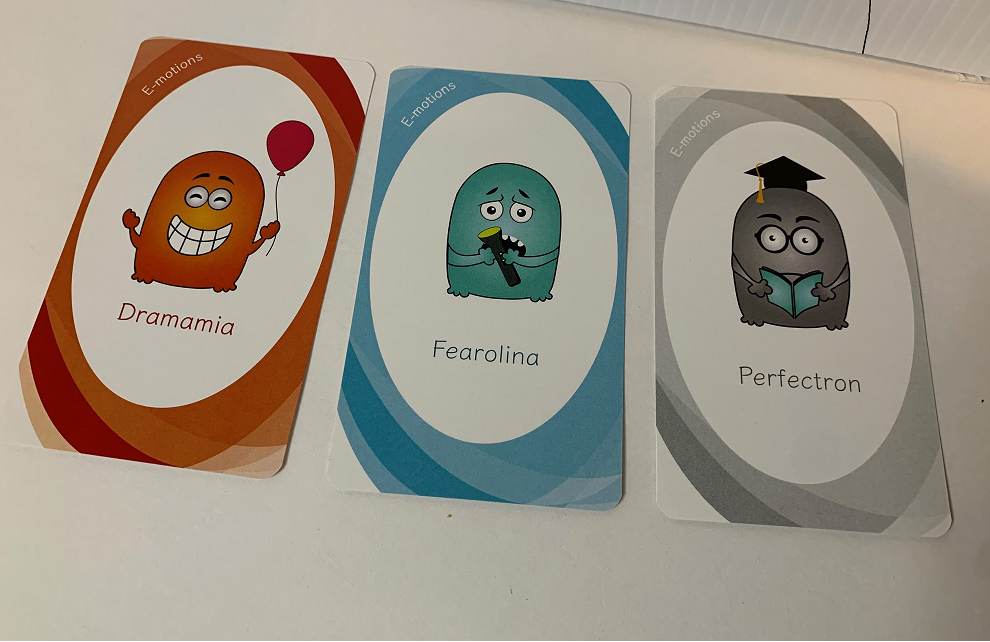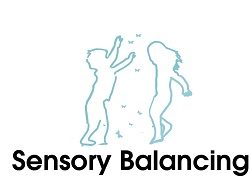Disclaimer: The information provided in this article is for educational purposes only and should not be taken as medical advice. Always consult with your child’s pediatrician before making any changes to their sleep routine or starting any new supplements or treatments.
As a parent, a well-rested child means a well-rested you. But what happens when bedtime becomes a battlefield, and sleep feels elusive for your little one?
Hi, I’m Neta, I’ve bee pediatric acupuncturist for over 20 years and now practicing “Sensory Balancing”. In my practice, I’ve seen countless children struggle with sleep issues, and one thing I’ve learned is that there’s no one-size-fits-all solution. Melatonin, a common sleep aid, can be helpful in some cases, but it doesn’t address the root cause for everyone.
Understanding the “Why” Behind Sleepless Nights
Traditional Chinese and Japanese medicine, along with allergy elimination techniques, offer a different lens through which to view sleep problems. These approaches look at the underlying imbalances in the body and energy systems that might be contributing to your child’s sleep difficulties.

Tailored Solutions for Common Sleep Issues
Here are some examples of how we can address different sleep challenges in my clinic, along with some at-home strategies you can try:
- Trouble Falling Asleep: This often points to “Metal” imbalances, where your child has difficulty letting go of the day.
- At-home tip: Try a gentle rocking massage to calm their mind and body. Use light pressure and massage until their breathing becomes slower and deeper.
- Holistic options: Epsom salt baths, calming herbs like chamomile or skullcap (always discuss with your practitioner!), and acupressure points (chosen by a qualified practitioners) can all promote relaxation.
- Restless Sleep & Frequent Waking: This might be linked to stress hormones like cortisol. Often, these children were babies who couldn’t be put down easily or struggled to sleep on their own. They might have also suffered from colic or reflux. These can all be signs of overreactive stress hormones.
- At-home tip: Relaxation techniques from the previous point can be helpful here too.
- Holistic options: Adaptogenic herbs like Ashwagandha can help manage stress in the body and contribute to deeper sleep. However, consulting a practitioner to determine the best course of action is crucial.
Nightmares: These often indicate “Heat” imbalances in the body, which can be caused by various factors like illness, medication, stress hormones, or even emotions.
- At-home tip: If your child awakens from a bad dream, talk to them calmly and help them express their feelings. You can use “Mixed-emotion” cards or similar tools to facilitate this. Offer comfort and reassurance, and help them find ways to feel safe, like using a flashlight or a favorite stuffed animal.
- Holistic options: A qualified practitioner can identify the underlying “Heat” imbalance and recommend specific acupressure points or herbs to address it. They can also explore any emotional triggers for the nightmares, if relevant.

- Early Morning Waking & Anxiety: This can be related to “Adrenaline” imbalances or feelings of fear or anxiety when waking up in the night.
- At-home tip: Create a calming bedtime routine and ensure a consistent sleep environment. If your child wakes up scared, use calming techniques like talking softly, offering reassurance, and maybe a favorite stuffed animal. Consider a nightlight if complete darkness is a fear.
- Holistic options: A practitioner can help regulate the body’s adrenaline response and address any underlying anxieties that might be contributing to the waking.
Red Flags for Sleep Issues:
While the tips above can help with many common sleep problems, there are times when you should consult a doctor. Red flags include excessive daytime sleepiness, sleepwalking (beyond occasional episodes), or breathing problems during sleep.
Additional Tips for a Healthy Sleep Environment:
- Mouth breathing: If your child is a mouth breather, this could indicate underlying issues that need treatment. It could be as simple as enlarged adenoids, but it could also be more complex. In some cases, I recommend referral to holistic dentists who work with airway devices.
Creating a Calming Bedtime Routine:
- Establish a consistent bedtime and wake-up time, even on weekends.
- Dim the lights and create a relaxing atmosphere in the hour before bedtime.
- Avoid stimulating activities like screen time before bed.
- Consider a warm bath or calming massage before bedtime.
- Read calming bedtime stories or practice a short, child-friendly meditation.
Finding Help and a Path to Better Sleep
If you’re concerned about your child’s sleep habits or have tried the tips above without success, there are resources available to help. Consider scheduling a consultation with:
- Pediatrician: They can perform a physical exam and rule out any underlying medical conditions that might be affecting sleep.
- Pediatric Sleep Specialist: These specialists have advanced training in sleep disorders and can provide a comprehensive evaluation and personalized treatment plan.
- Qualified Holistic Practitioner: If you’re interested in a more holistic approach, consider a practitioner like myself, a pediatric acupuncturist. We can explore the energetic imbalances that might be contributing to your child’s sleep troubles and develop a plan that addresses the root cause.
Remember, a well-rested child means a well-rested you! By seeking professional help if needed and implementing healthy sleep habits, you can create a more peaceful sleep environment for your entire family.
Do you have questions or want to learn more about how I can help your child sleep better? Visit my website at http://www.sensorybalancing.com or contact me directly SensoryBalancing@gmail.com.
